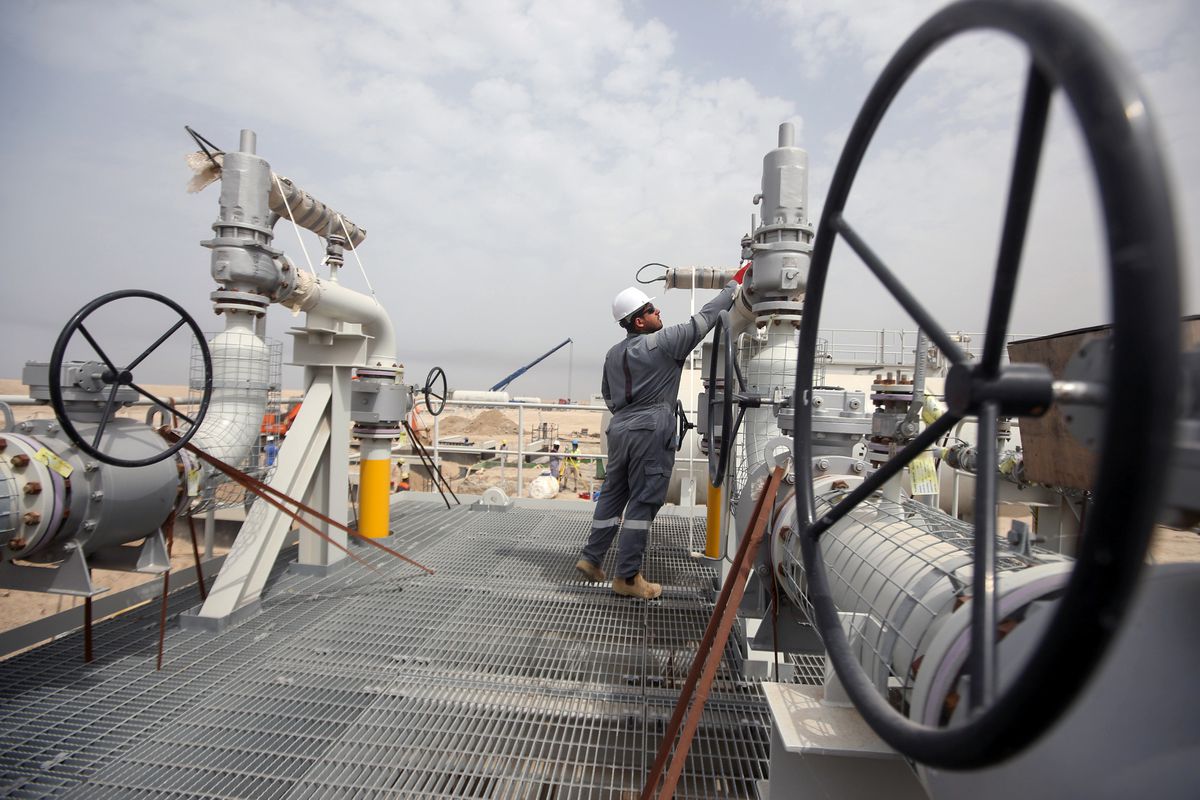
Last year, Iraq’s oil ministry prevented three potential deals that would have given Chinese corporations greater influence over its oilfields, resulting in an exodus of international oil majors that Baghdad wants to invest in its ailing economy.
Plans by Russia’s Lukoil and Exxon Mobil to sell shares in important fields to Chinese state-backed enterprises have been put on hold since the beginning of 2021, according to Iraqi oil authorities and industry insiders.
Selling a share to a state-run Chinese corporation was also one of several alternatives discussed by Britain’s BP, but officials convinced it to stay in Iraq for the time being, according to sources familiar with the situation.
China is Iraq’s largest investor, and Baghdad was the greatest recipient of Beijing’s Belt and Road Initiative last year, receiving $10.5 billion in finance for infrastructure projects such as a power plant and an airport.
However, Baghdad has placed a line in the sand against additional Chinese participation in important oilfields.
Iraq’s government and officials at state-owned corporations are concerned that increased concentration of fields in the hands of Chinese companies may hasten the exit of Western oil companies, according to seven Iraqi oil officials and executives with companies operating in Iraq who spoke to Reuters.
Iraq’s Oil Minister Ihsan Abdul Jabbar, backed by state-run oil company executives, prevented Lukoil from selling a stake in one of the country’s major fields, West Qurna 2, to Chinese state firm Sinopec last year, according to three people familiar with the case.
Iraqi officials also intervened last year to prevent Chinese state-backed enterprises from purchasing Exxon’s part in West Qurna 1 and to urge BP (BP.L) to stay in Iraq rather than sell its stake in the massive Rumaila oilfield to a Chinese firm, according to people familiar with the subject.
Rumaila and West Qurna generate over half of the crude produced in Iraq, which has the world’s fifth-largest oil reserves.
According to two government officials, the government is concerned that China’s dominance will make Iraq less appealing for foreign investment.
Because of Tehran’s political and military dominance in Iraq, China’s developing connection with Iran has aided its position there, but the oil ministry is leery of relinquishing greater authority over the country’s major resources, according to some officials.
‘We don’t want the Iraqi energy industry to be labelled as a China-led energy sector, and the government and the oil ministry agree on this,’ said another Iraqi official.

Post Your Comments